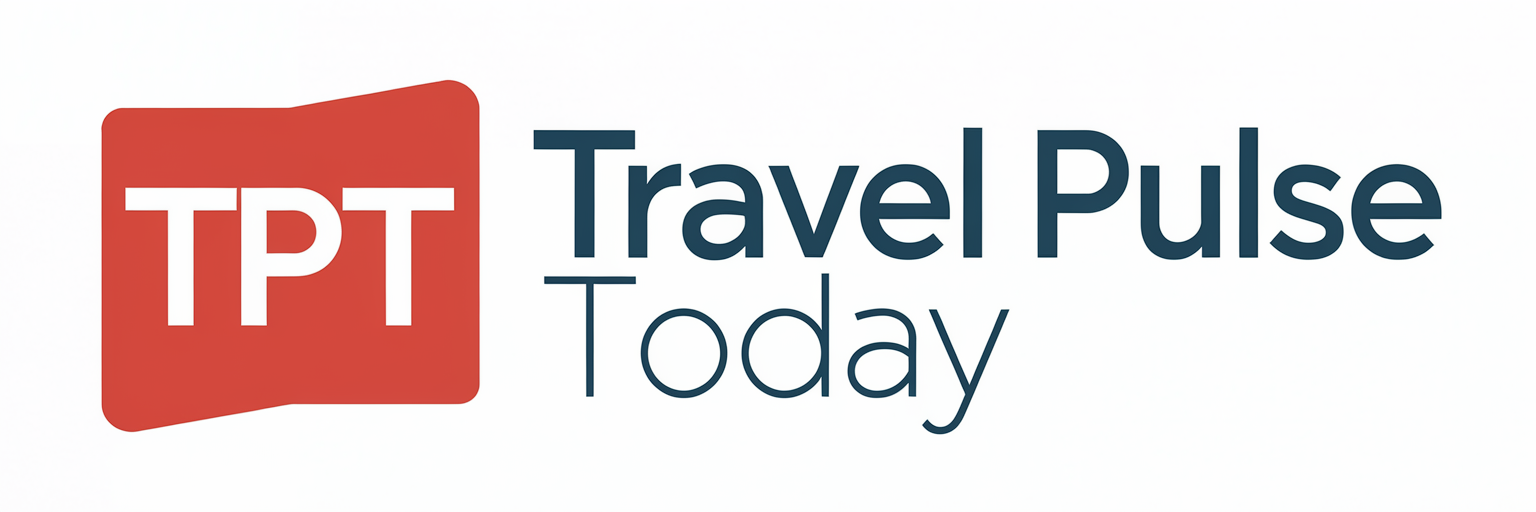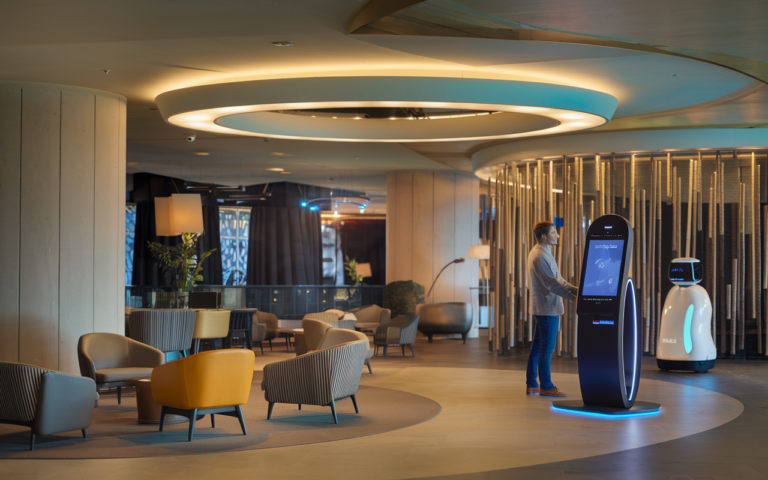Hospitality firms and establishments have much to gain from adopting the latest technologies. Transitioning to a ‘smart hotel’ model can aid properties in recovering from the pandemic while significantly enhancing operational efficiency.
This insight comes from global consultancy firm Linesight, which recently released a report highlighting the benefits of smart hotels.
The Rise of Experience-Driven Hospitality
“One of the most fundamental drivers behind the trend for smarter hotels comes in the form of the rise of experience consumption, which is a key catalyst in a sector wherein consumer needs are front and centre,” the report states.
Personalization is at the core of this transformation. According to a recent Kahuna survey, 86% of consumers consider personalization an important factor in their purchasing decisions. Additionally, brands that integrate personalization through data and advanced technologies have reported revenue increases of 6-10% (Qubit). Across all industries, personalization can boost revenues by up to 15%, making customized guest experiences not only a market demand but also a financial advantage.
Technology as a Personalization Tool
For hotels, leveraging technology provides an effective means to offer personalization. According to Linesight, modern travelers now expect features such as:
- Autonomous control of room and shower temperatures
- Automated curtain and entertainment system management
- Seamless mobile check-in and keyless access
These luxuries have transitioned from being optional amenities to standard expectations for contemporary guests.
Enhancing Operational Efficiency Through Smart Solutions
Beyond guest experience, smart hotel technologies can significantly improve operational efficiency. Linesight’s report highlights key innovations that contribute to cost savings and streamlined management:
- Occupancy Detection Systems: Automated room adjustments based on guest presence
- Smartphone-Controlled Room Features: Integration of lighting, electricity, and climate control
- Keyless Access & Mobile Check-In: Enhancing convenience while reducing front desk workload
Moreover, technology has revolutionized hotel construction planning. With improved tools and access to predictive data, project managers can make more informed decisions, ensuring smarter resource allocation and better outcomes.
The Experience Economy and the Future of Smart Hotels
The experience economy is projected to reach US$8 trillion within the next eight years, largely fueled by innovations in automation and technology-driven convenience. As guest expectations evolve, smart hotels will play a critical role in shaping the future of hospitality, blending personalization, efficiency, and innovation to create superior travel experiences.


